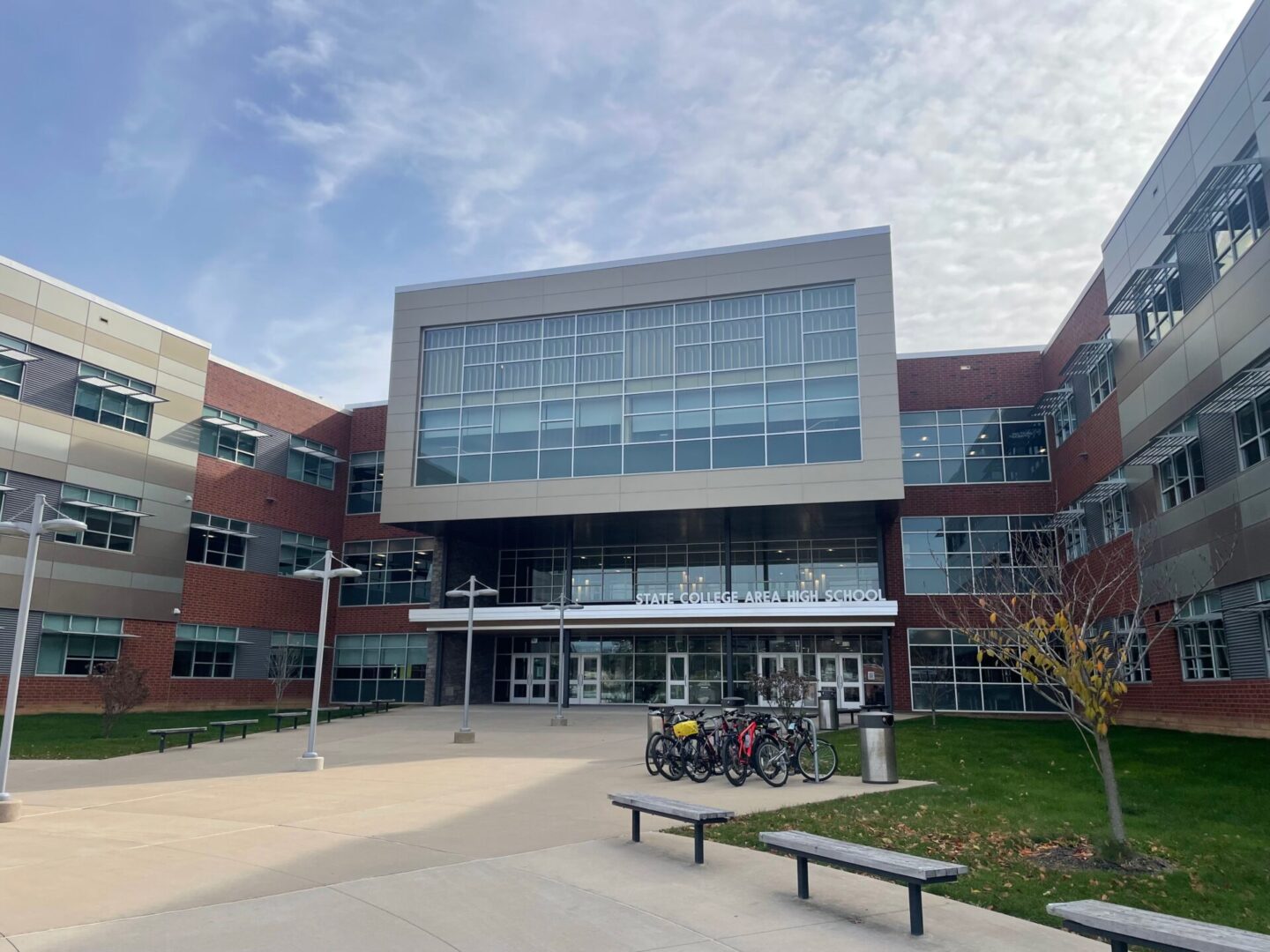A federal judge has rejected State College Area School District’s request to dismiss a lawsuit that alleges it discriminates by not allowing parochial school students to participate in its extracurricular activities.
U.S. Middle District Judge Matthew Brann wrote in a memorandum opinion on Friday that the Religious Rights Foundation of Pennsylvania [RRFP] has “adequately alleged” that the district’s policy of allowing home-schooled and charter-schooled students but not those who attend parochial schools to participate violates the U.S. Constitution’s Free Exercise and Equal Protection clauses.
“[R]egardless of what reasons some parents may have for sending their children to a non-public school, a religious reason has the same value as a secular reason,” Brann wrote. “If some exemptions are made, a school’s refusal to make a religious one enforces a value judgment preferring secular conduct over religious conduct.”
RRFP, a Centre County-based religious advocacy organization, and members of the foundation who reside within the district’s boundaries and are parents of two parochial school students filed the lawsuit in July. The parents sought to have their children participate in SCASD extracurriculars, but received an email from the district superintendent in May denying their request.
“After carefully considering it, we cannot grant your request to change our longstanding practice of not having private school students participate on our PIAA sports teams,” the email read. “The reason is that the district has ample, and sometimes excess, participation for our teams, so there is no need to expand. Additionally, if we allow private school students to take part, we could be taking away opportunities from SCASD students.”
The district argued that the policy did not force the plaintiffs to choose between their religious beliefs and extracurriculars and that refusing participation to did not meet the burden required for an infringement on constitutional rights.
Brann, however, wrote that SCASD mainly relied on “outdated” and “unhelpful” case law in seeking to have the case dismissed. The district can offer different justifications for the policy, but they “must actually be grounded in some fact distinguishing homeschooled and charter-schooled students from parochially schooled students, in relation to the risks posed by allowing their participation.”
The judge cited the U.S. Supreme Court’s repeated confirmations “that denying a generally available benefit solely on account of religious identity imposes a penalty on the free exercises of religion.”
If SCASD had a “narrowly tailored” policy to prevent overcrowding in its more than 100 extracurriculars, it would not have carved out homeschool and charter school exemptions, he wrote.
“Whether it is a homeschooled, charter-schooled or parochially-schooled student, any non-enrolled student’s participation in extracurricular activities equally undermines the stated aims of preventing excess participation and allowing spots for enrolled students,” Brann added.
SCASD has until Dec. 15 to answer the lawsuit.



